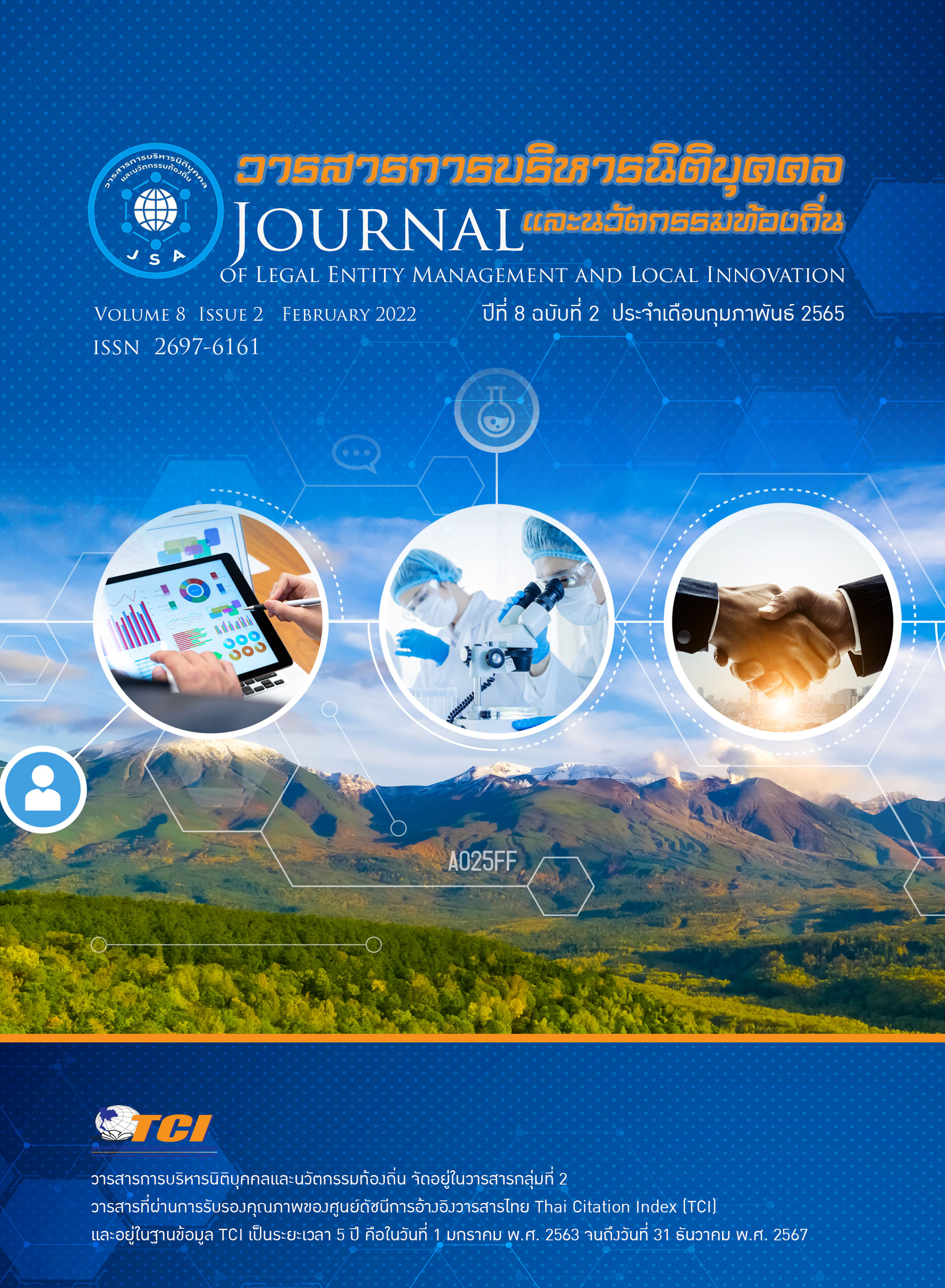The Development of Learning Activities to Improve Mathematical Problem-Solving Abilities based on FractionWord Problemsaccording to Polya’s Problem- Solving Method for Prathomsuksa 6 Students
Keywords:
Problem solving ability, academic achievementAbstract
The purposes of the research seemed to 1) create and calculate efficiency of learning activities to improve mathematical problem-solving abilities based on fraction word problems according to Polya’s problem- solving method for Prathomsuksa 6 students according to the efficiency criteria of 75/75, 2) compare mathematical problem-solving abilities before and after learning using learning activities to improve mathematical problem-solving abilities, 3) compare the learning achievement of mathematics before and after learning using learning activities to improve mathematical problem-solving abilities, and 4) explore the students' satisfaction towards learning activities to improve mathematical problem-solving abilities. The samples of the research were 7 Prathomsuksa 6 students of Banhuaykung School. The research instruments were 1) lesson plans of word problems according to Polya's steps to solving problems, 2) tests for assessing mathematical problem-solving abilities, 3) mathematics achievement tests, and 4) satisfaction questionnaires. The collected data were analyzed by mean, percentage, standard deviation, one - sample t-test, and t-test. The findings of the research indicated that; 1. Efficiency of learning activities to improve mathematical problem-solving abilities based on fraction word problems according to Polya’s problem- solving method for Prathomsuksa 6 students had a value of 85.79/77.85 according to the criteria. 2. In terms of the mathematical problem-solving abilities, it was found that the mean of the achievement before learning was 21.71 and the mean of the achievement after learning was 38.29, which showed that the students’ achievement after learning was higher than the achievement before learning according to the hypothesis. 3. For the learning achievement of mathematics, it can be said that the mean of the achievement before learning was 6.14 and the mean of the achievement after learning was 15.57, which showed that the students’ achievement after learning was higher than the achievement before learning according to the hypothesis. 4. In terms of the students' satisfaction, it was found that it was at the highest level.


